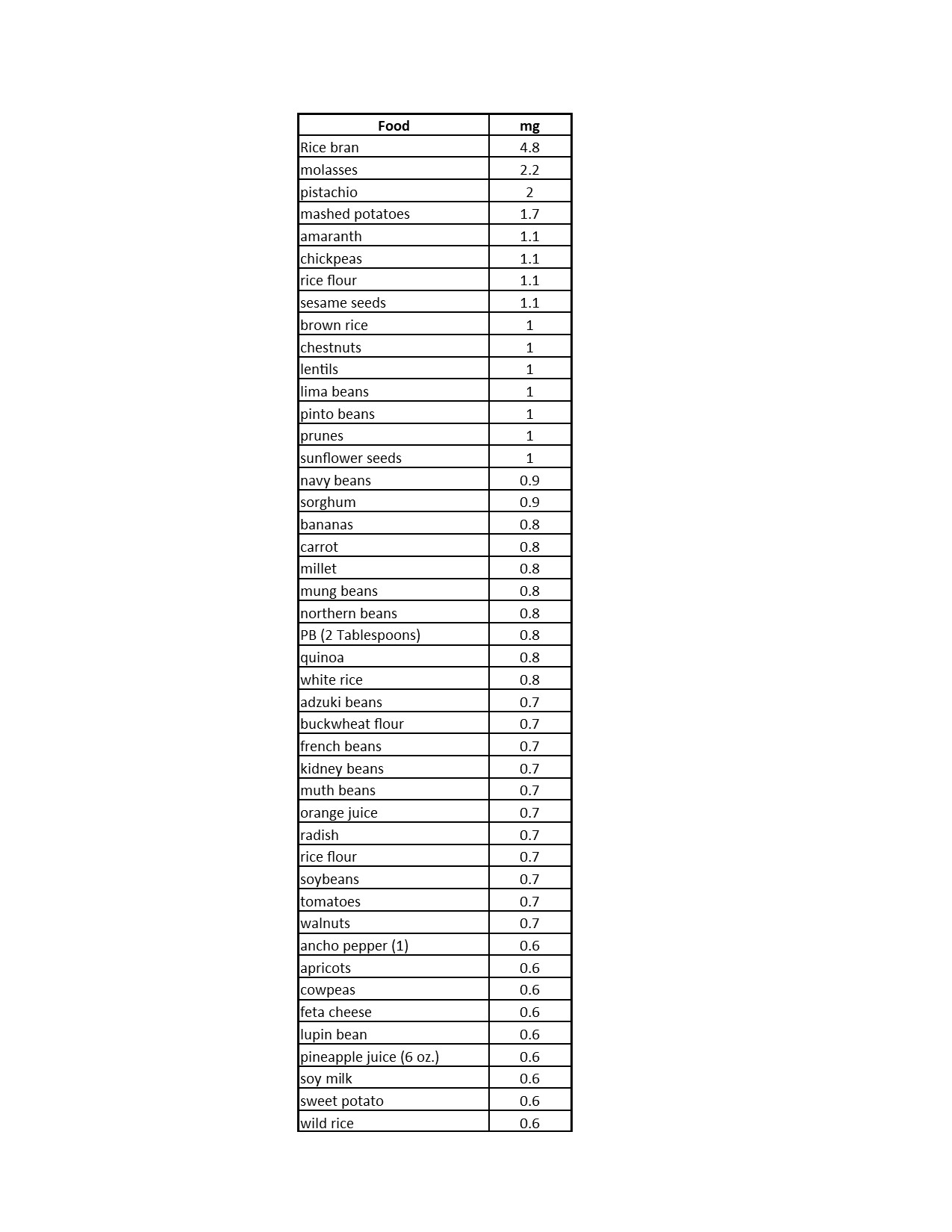The recommended amount of sleep most people should strive to minimally get is 7 hours per 24-hour period. However one in three people still don’t get that. Seven hours is necessary to relieve inflammation and repair the body from the day’s workload. It is also the down time needed to relieve chronic stress and anxiety for those required to always be “on” during the day. With today’s busy world, it becomes increasingly important to get that down time. For those of us that can’t get the magic 7 at night, well… we would be advised to take some POWER naps when we can. My husband is always promoting a 10-minute power nap to go from “dragging” to “full steam ahead”. So do what is necessary to get that down time – naps included!
Some of us are plagued with restless sleep due to recurring nightmares. For me the obvious message here is to understand the dreams and reflect upon them as messages given by the universe, especially if they are recurring. The problem is many of us do NOT remember our dreams upon waking up. Is there a way to remember these dreams… nutritionally? You bet. A recent study from June 2018 informs about the potency of vitamin B6 for dream recall. According to the study, a mega-dose of vitamin B6 (under the range of toxicity) allowed individuals to have better dream recall without any negative effects of sleep quality. The recommended daily intake of vitamin B6 is about 1.3mg (adults under 50YO), with slightly greater amounts for seniors.
Why was this study important to know? It seems individuals that can remember their dreams are able to reflect upon them and reduce the reoccurrences of unpleasant dreams… which improves overall sleep quality. Some nutritional sources of vitamin B6 are illustrated below.

When we don’t get our minimum recommended amount of sleep, we may get more tired, & cranky. Make note that continued sleep deprivation may also affect your mental & physical health (weight gain, exhaustion, weakened immunity, increased risk of early death, diminished short-term memory, difficulty learning, hallucinations, beginning of bipolar disorder, micro-sleeping, increased risk of diabetes mellitus & heart disease, increased risk of respiratory infections). So it is well worth the effort to better understand the causes of your sleep deprivation.
The best way to get back on track with sleep involves limiting daytime naps, refraining from excessive caffeine past noon, and a regular schedule of sleep time and wake time. It’s important when going to sleep that you refrain from using electronic devices and eating/drinking.



